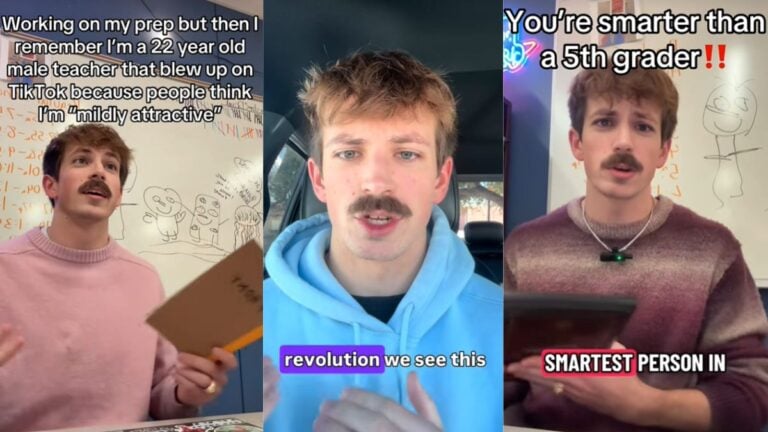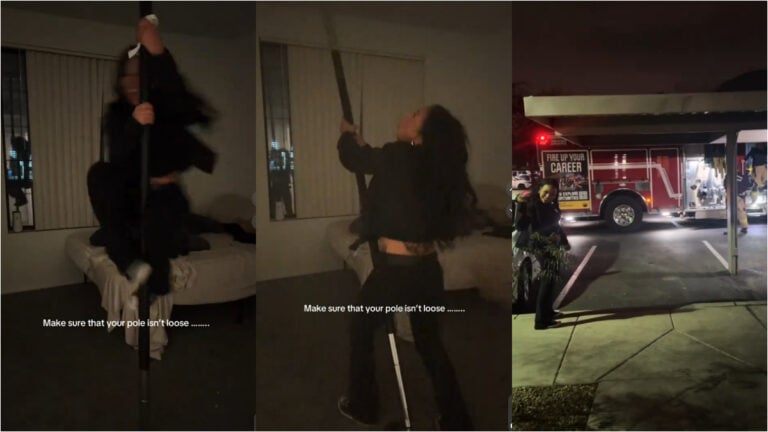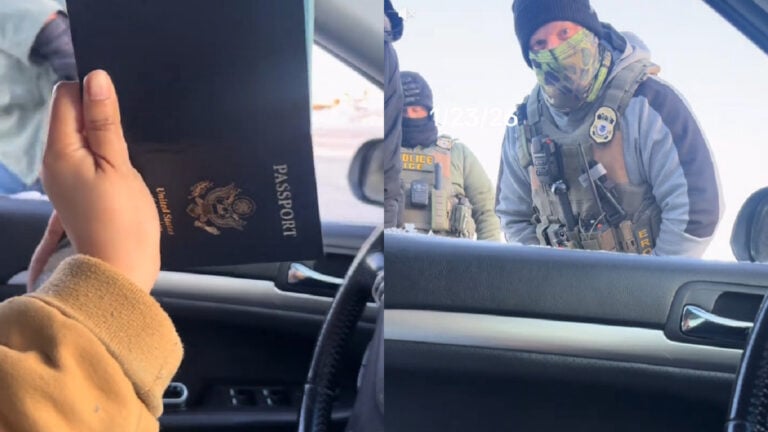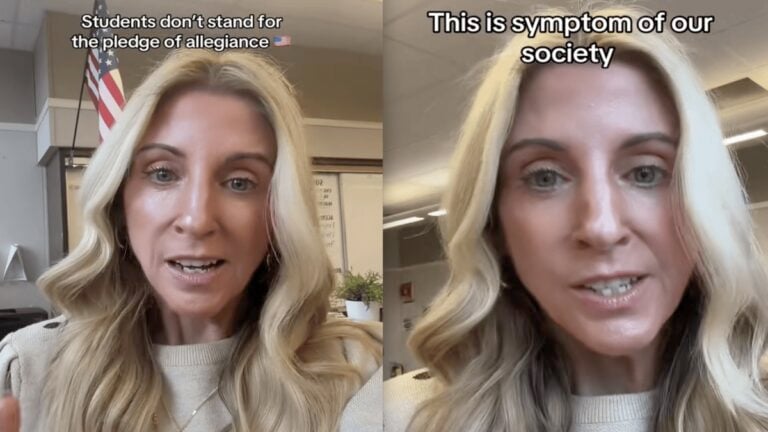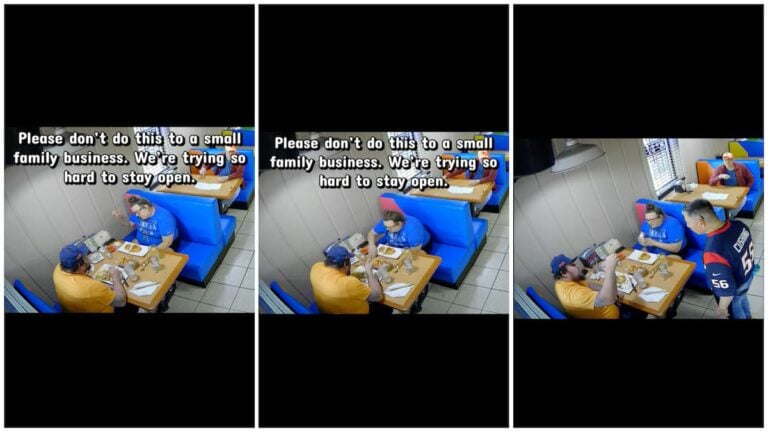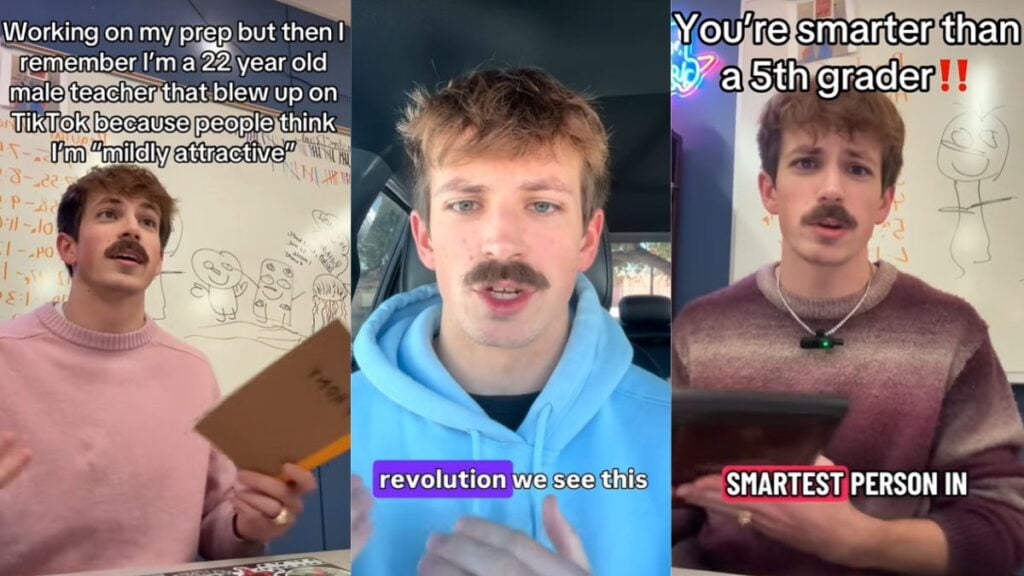The male perspective we want
Human Interest
Delivering captivating stories that highlight real-life experiences, viral moments, challenges, acts of kindness, and inspiring journeys!
What happened to supporting the 2nd Amendment?
At least we know the sprinklers work
She wishes so badly she could make them stand
Now that’s a restaurant a lot of people will support
Moo-ving lesson for city slickers
Trending
Latest stories
More +At least we know the sprinklers work
She wishes so badly she could make them stand
Now that’s a restaurant a lot of people will support

